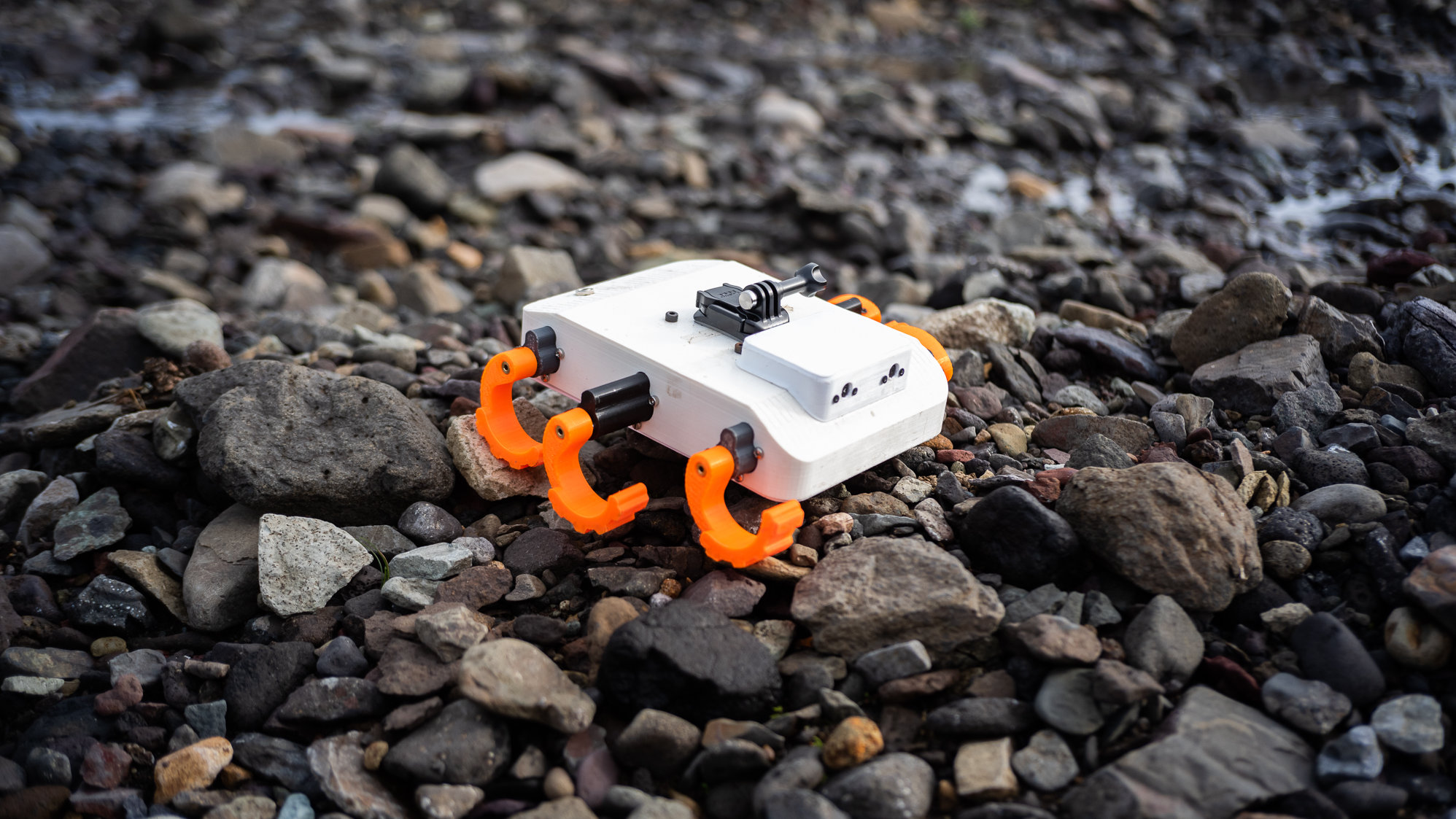Activities
The institute focuses on five arenas to ensure that the mission and vision of the DSI are achieved. The proposed initiatives to fulfil our mission are categorized in five key arenas: flagships, education, community engagement, outside portal, and project acquisition.
Education
Developing an educational component is a key objective for the DSI over the next five years. This component will emphasize interdisciplinary and interfaculty collaboration through Joint Interdisciplinary Projects (JIPs), primarily involving collaborative MSc and BSc thesis projects. The long-term flagship projects will incorporate various thesis projects, which, while scientific or engineering-focused, will adhere to the constraints of space-related initiatives—ideal for training engineers—and foster teamwork among students. Blueprints for this type of thesis project are those offered by Lunar Zebro, one of the original success-stories of the DSI, and the LDE Space Thesis Lab. Additionally, flagship members will be encouraged to provide (guest) lectures across faculties, sharing technical and scientific insights with the broader TU Delft community.
Flagships
The flagship strategy is a core component of the DSI, aiming to maintain two ongoing flagship projects. These long-term initiatives will have a commitment of 3-5 years, with the DSI supporting two flagship projects per five-year cycle. Currently, there is one flagship project, Moonshot, initiated in 2023, with another set to start in 2025. This approach ensures non-overlapping phases of start-up and slow-down for both projects. Each flagship will be grouped thematically under one of the two flags. The DSI not only provides start-up funding for the flagship projects, but also actively participates in the projects, integrating project leaders into the DSI management team and engaging project members in other DSI activities. This collaborative approach aims to strengthen the sense of community and in collaboration with the business developer lead to additional financial support for the flagship initiatives.
Outside portal
A revised, and up-to-date website will be vital for promoting the DSI and establishing TU Delft as a leading university in space research, technology, and applications. Through the envisioned new platform, we will communicate information about events, project updates, and collaboration opportunities. Both TUD faculty and external stakeholders should be able to easily navigate the website to find relevant and timely information. In addition to updates on ongoing flagship projects and planned events, we will provide information on opportunities for BSc and MSc projects. The website will also feature a contact option for inquiries about collaboration, suggestions, joint symposium organization, and more.
Community
The DSI not only funds and executes flagship projects but also actively fosters a community connecting TUD scientists across the faculties. The institute manager oversees space-related research activities and facilitates engagement through quarterly seminars followed by networking drinks. These events provide a platform for researchers to showcase their work and seek collaborations, essential for generating new research ideas and securing funding. In addition to strengthening our internal network, the DSI aims to enhance connections with external partners. We will build on existing relationships with key players like ESA, SRON, Airbus, ISIS, and TNO, while also looking to broaden our scope with additional entities such as OrbitalEye and SkyGeo.
Project Acquisition
Goal: Create a process for interfaculty collaboration by lobbying, relationship management and proposal development.
The institute manager, in collaboration with the business developer, leverages the extensive network of TUD faculty involved in space-related projects to foster connections within TUD and with space sector stakeholders. The business developer maintains a comprehensive overview of potential funding opportunities, which can be targeted based on the interests of TUD's space-related scientists. Through DSI connections, we facilitate the formation of new consortia that may include internal and external scientists and business partners to apply for prestigious grants.

